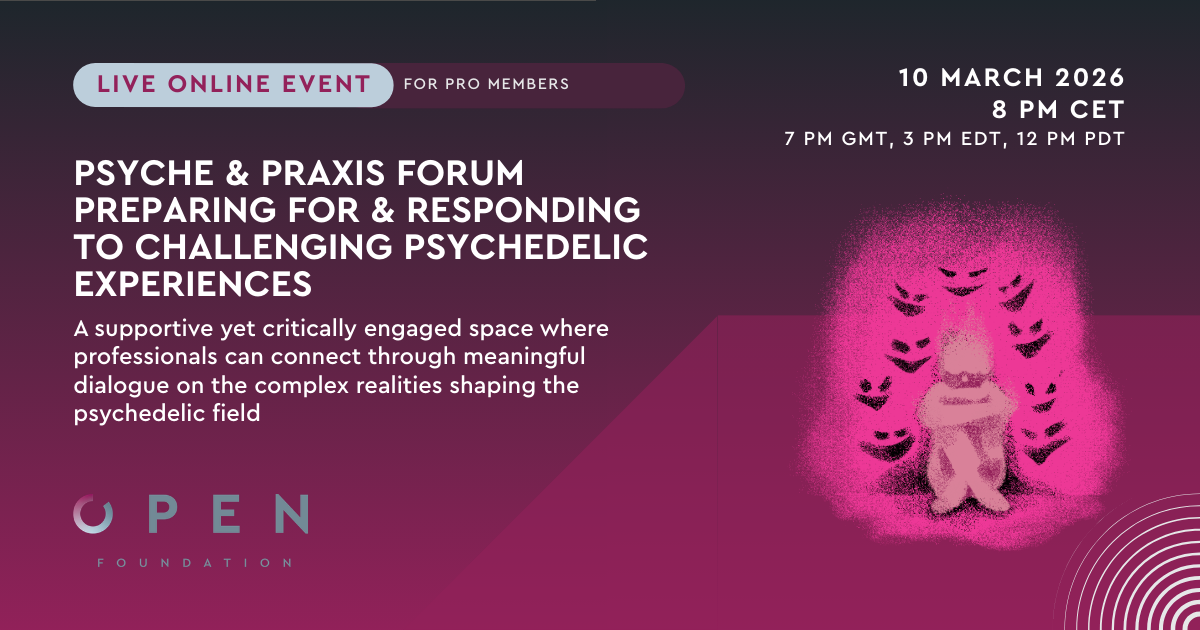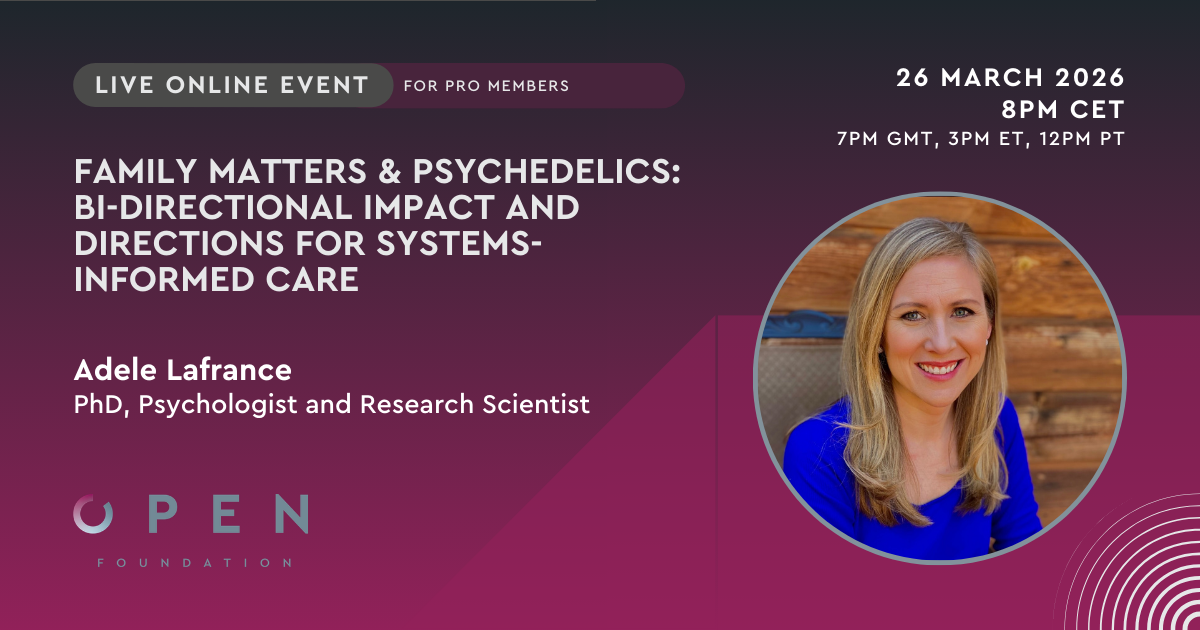Abstract
Lysergic acid diethylamide (LSD) is a semisynthetic compound with strong psychoactive properties. Chemically related to serotonin, LSD was initially hypothesized to produce a psychosislike state. Later, LSD was reported to have benefits in the treatment of addictions. However, widespread indiscriminate use and reports of adverse affects resulted in the classification of LSD as an illicit drug with no accepted medical use. This article reviews LSD’s storied history from its discovery, to its use as a research tool, followed by its widespread association with the counterculture movement of the 1960s, and finally to its rebirth as a medicine with potential benefits in the treatment of addictions. LSD’s pharmacology, phenomenology, effects at neurotransmitter receptors, and effects on patterns of gene expression are reviewed. Based upon a review of the literature, it is concluded that further research into LSD’s potential as a treatment for addictions is warranted.
Liester, M. B. (2015). A Review of Lysergic Acid Diethylamide (LSD) in the Treatment of Addictions: Historical Perspectives and Future Prospects. Current Drug Abuse Reviews, 7(3), 146-156. http://dx.doi.org/10.2174/1874473708666150107120522
Link to full text














